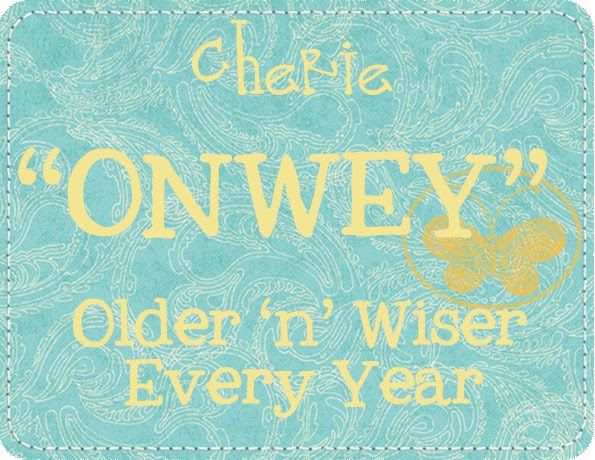Once a customer called regarding an accounting error. He asked about a payment and I checked the computer program because I actually remembered the transaction and figured the exact information should have been posted where it was supposed to be posted.
Silly me. It wasn't.
When I couldn’t find it I commented, “That’s funny.”
The next day we received a multi-paragraph rant via fax (pre e-mail days, for you internet children) from said customer about how my response was totally inappropriate. Huh?
He continued to rail on me for commenting that it was “Hilarious” that a payment had not been posted.
Idiot. I meant funny-odd, moron, not funny-haha!
Why does this simple example of semantics still bother me? Who knows. What I do know is that I still seem to come across the Semantically Stifled much too often!
English is a difficult language to learn. When you incorporate slang and idioms you really have a mess on your hands! I get so frustrated by people who don’t understand what I’m talking about because they don’t know the true meaning of the words in their own language. I admit, I have been known to use words incorrectly, but not very often.
Part of the problem may be that some of us, me included, sometimes use our own lingo and expect others to understand us. Like to add –ish and –age to the end of words.
“Sure, I’ll be there around noon-ish.” Or “I SAID COME IN HERE AND PICK UP YOUR CRAP-AGE BEFORE I THROW IT AWAY!”
Unfortunately, it can be confusing to some. I have a fairly new friend from Peru. I am constantly explaining slang or rewording to exclude slang.
The use of some of the abbreviations drive me nuts. Like how did "I'll see you later" morphed into "Later on" which morphed into "Late"? What's next?
I'm okay with universal text/computer shorthand like "LOL" for "laugh out loud", "BRB" for "be right back" Or "IDK" for "I don't know" because some people just can't type and some of the phone keyboards are very tiny.
Communication is an art. I'm all for improving the arts. For example: 5 o'clock. Tomorrow. On the dresser. Later. I say we should try to communicate better. Maybe using whole sentences like: Dinner will be ready at 5. I work tomorrow morning. Your keys are on the dresser. I'll be home when the game is over, around 4.
Be proactive in this whole communication thing. Maybe step away from the keyboard more often or dialing the phone instead of texting or maybe walking or driving over to visit people more often. I'll be doing my part.
Part of the problem may be that some of us, me included, sometimes use our own lingo and expect others to understand us. Like to add –ish and –age to the end of words.
“Sure, I’ll be there around noon-ish.” Or “I SAID COME IN HERE AND PICK UP YOUR CRAP-AGE BEFORE I THROW IT AWAY!”
Unfortunately, it can be confusing to some. I have a fairly new friend from Peru. I am constantly explaining slang or rewording to exclude slang.
The use of some of the abbreviations drive me nuts. Like how did "I'll see you later" morphed into "Later on" which morphed into "Late"? What's next?
I'm okay with universal text/computer shorthand like "LOL" for "laugh out loud", "BRB" for "be right back" Or "IDK" for "I don't know" because some people just can't type and some of the phone keyboards are very tiny.
Communication is an art. I'm all for improving the arts. For example: 5 o'clock. Tomorrow. On the dresser. Later. I say we should try to communicate better. Maybe using whole sentences like: Dinner will be ready at 5. I work tomorrow morning. Your keys are on the dresser. I'll be home when the game is over, around 4.
Be proactive in this whole communication thing. Maybe step away from the keyboard more often or dialing the phone instead of texting or maybe walking or driving over to visit people more often. I'll be doing my part.

